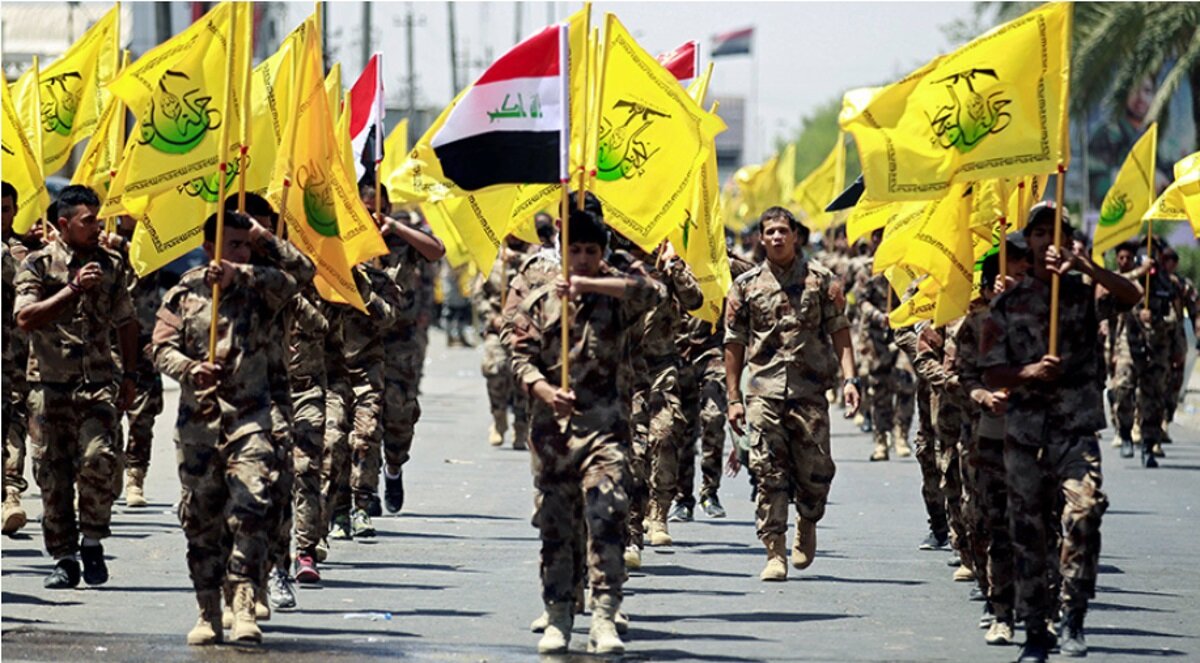U.S. push to disarm PMF endangers Iraq’s security and stability

TEHRAN – U.S. Secretary of State Marco Rubio’s recent call for the disarmament of Iraqi anti-terror groups, particularly the Popular Mobilization Forces (PMF), demonstrates a fundamental misunderstanding of Iraq’s security realities and a continuation of Washington’s interventionist approach.
During a phone conversation with Iraqi Prime Minister Mohammed Shia Al Sudani, Rubio alleged that the PMF “undermine Iraq’s sovereignty, threaten the lives and businesses of Americans and Iraqis, and pilfer Iraqi resources for Iran.” These accusations ignore the PMF’s decisive contributions to defeating the ISIL terrorist organization and restoring stability to Iraq between 2014 and 2017.
The PMF, formally integrated into Iraq’s military in 2016, has been essential in liberating northern and western Iraq from ISIL control. The organization has consistently defended Iraq against extremist threats while operating under the Iraqi Ministry of Defense. Following the U.S. assassination of Iranian anti-terror icon General Qassem Soleimani and PMF deputy commander Abu Mahdi al-Muhandis in 2020, calls to expel U.S. forces from Iraq surged, reflecting the PMF’s legitimacy as a patriotic security force.
Rubio’s push to disarm the PMF is part of a broader U.S. strategy aimed at weakening Iraq’s anti-terror capacity under the flawed assumption that this will reduce Iranian influence. In reality, such actions risk undermining Iraq’s sovereignty and security, while extending U.S. control over the country’s military and political decision-making.
Prime Minister Al Sudani has emphasized Iraq’s priority of maintaining sovereignty and avoiding entanglement in regional conflicts, while allowing a limited U.S. presence to coordinate counter-IS operations. The PMF remains crucial to this balance, ensuring Iraq’s continued security and preventing a resurgence of extremist groups.
By targeting the PMF, Rubio overlooks the reality that these forces are an integral part of Iraq’s national defense, not an instrument of foreign influence. Weakening them will not make Iraq more secure nor reduce Iran’s regional role—it will only embolden extremist elements and perpetuate U.S. interference under the guise of countering Iranian influence.
